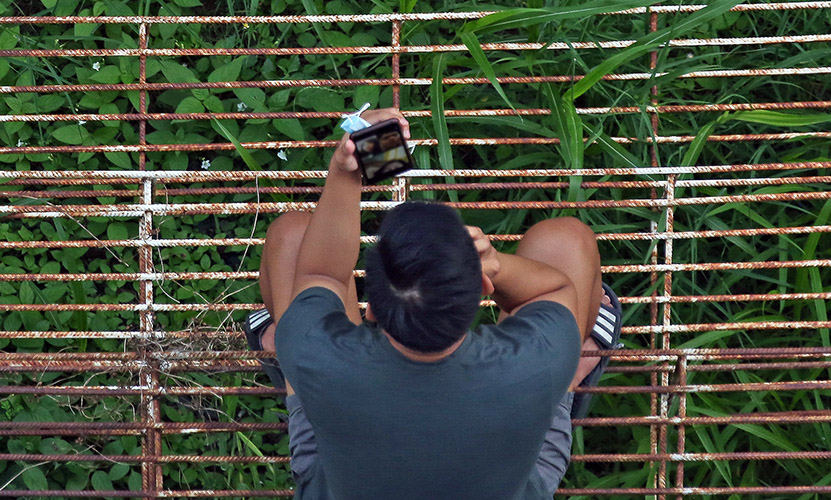Senator Win Gatchalian said the mandatory registration of prepaid SIM cards is a potential mechanism that will aid the government crackdown on the online sexual exploitation of children (OSEC).

Gatchalian explained that the absence of a SIM card registration law is one of the barriers that law enforcers face when running after child cybersex offenders who use technology to shield themselves with anonymity. As early as 2014, a study by the United Nations Office on Drug and Crime flagged that in carrying out any form of child abuse and exploitation, potential offenders utilize disposable or prepaid SIM cards, which do not require any form of registration in some countries.
Senate Bill No. 176 or the Subscriber Identity Module (SIM) Card Registration Act, which Gatchalian filed as early as June 2016 and then refiled in July 2019, will require end users of prepaid SIM cards to present a valid ID and photo and to sign a control-numbered registration form issued by the service provider of the purchased SIM card. Copies of the accomplished forms shall be furnished to the same service provider and the National Telecommunications Commission (NTC).
Earlier this month, Gatchalian sounded the alarm on reports of students selling lewd photos and videos to raise funds for distance learning. According to The Philippine Online Student Tambayan (POST), a news portal on the student sector, online payment platforms were used for these transactions.
The non-government organization International Justice Mission (IJM) has identified the Philippines as the largest known source country of OSEC cases receiving more than eight times as many referrals as any other country identified.
The COVID-19 pandemic, however, exacerbated the country’s challenges on OSEC with cases reaching 47,937 in 2020 from 19,000 in 2019, according to Cabinet Secretary Karlo Nograles. He added that the median age of the victims was 11 years old.
“Sa ating pagsugpo sa child pornography, kailangan nating isulong ang lahat ng paraan upang mapabilis ang pagtugis sa mga kriminal sa likod ng mga karahasang ito. Kung magiging batas ang pagpaparehistro sa mga SIM card, mas mahirap nang makapagtago at makatakas ang mga traffickers na umaabuso sa ating mga kabataan,” said Gatchalian.


